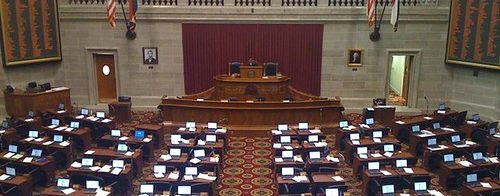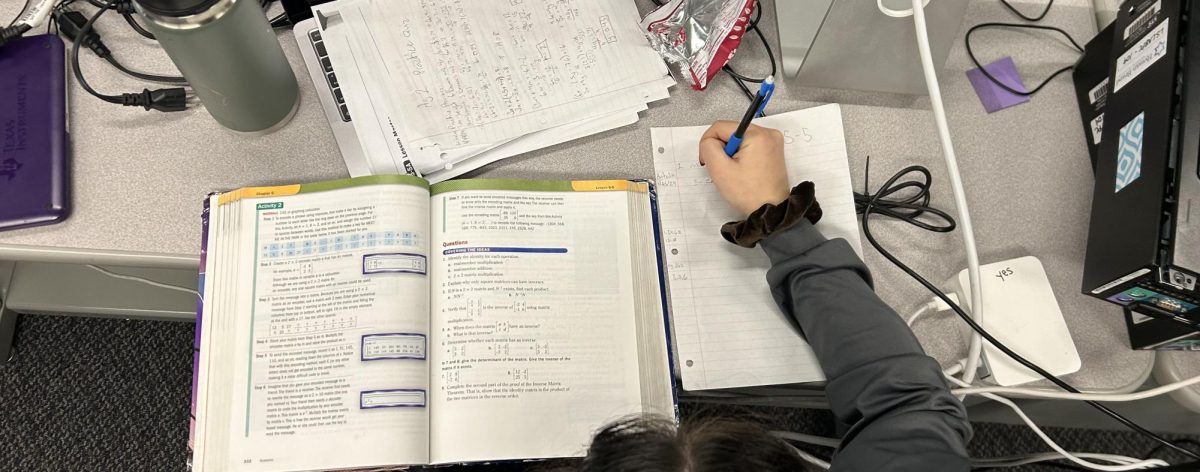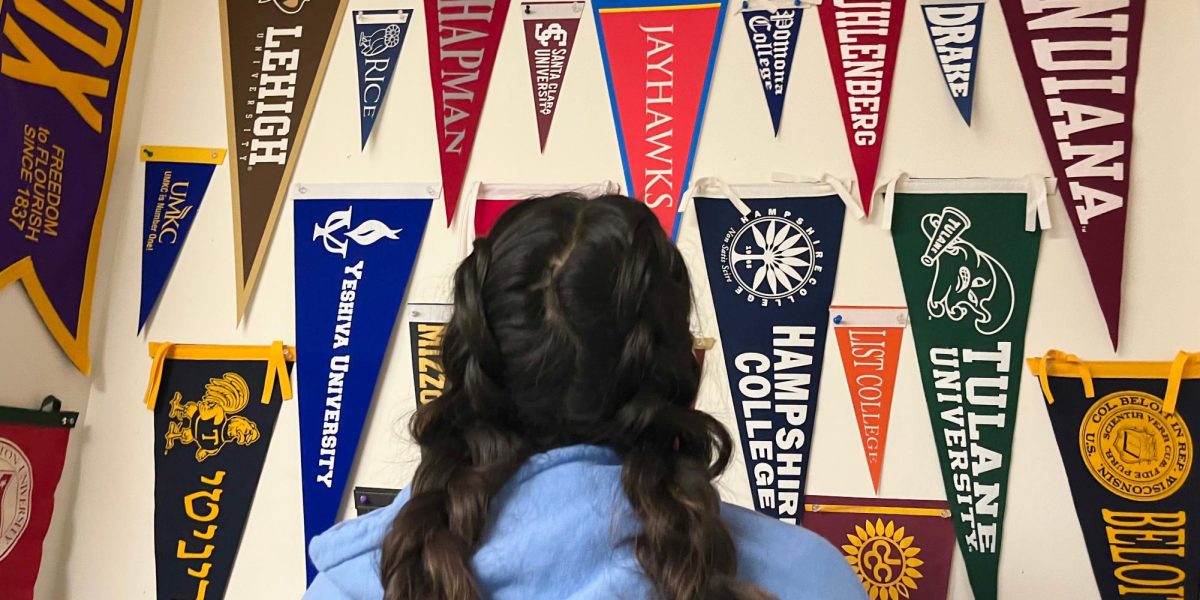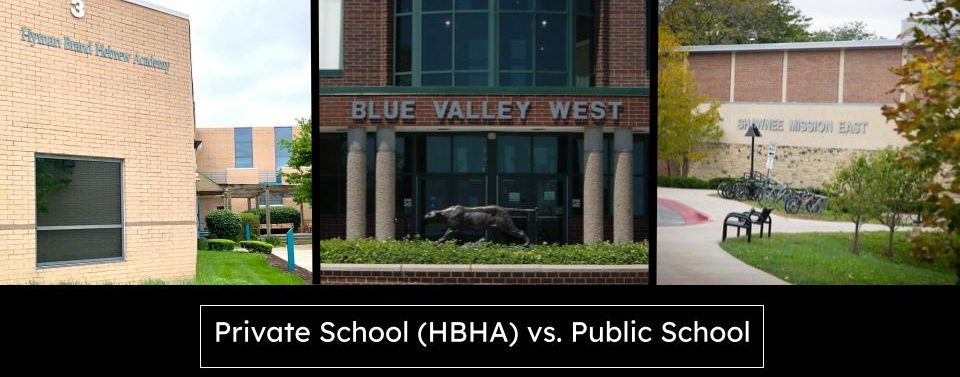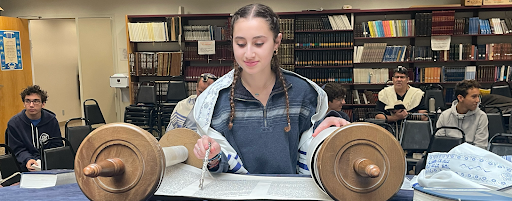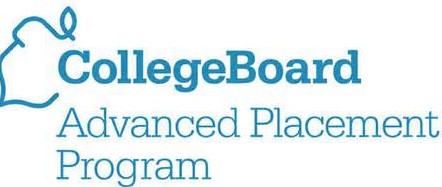Imagine working hard all year in an Advanced Placement (AP) class. You have completed rigorous coursework, and it is time to take the AP test. As of 2015, it costs $91 to take an AP test: $91 that your parents need to spend on groceries or the electrical bill.
Students in public schools who find themselves in this situation have The Advanced Placement Test Fee (APTF) program to help them pay for AP tests. This program allows eligible state educational agencies to provide low-income students with either payment or partial payment of the fee associated with their Advanced Placement (AP) exam, allowing students to earn college credit after having completed high school coursework.

Karen Lanning, The College Board’s Director of Federal Relations, said that she has “met several students from low-income backgrounds who said that AP courses made all the difference in gaining the skills they needed to succeed in college and the confidence they needed to pursue their postsecondary goals.”
The federally run program began in 1999 and has since raised the number of low-income students taking AP Exams by nearly 800 percent, the number now being 431,000 students. Last year, 2,118 low-income students took AP Exams in the state of Kansas, 96 percent more students than in 2009.
According to Lanning, on April 7, the Senate Health, Education, Labor & Pensions Committee Chairman Lamar Alexander (R-TN) and Ranking Member Patty Murray (D-WA) issued a new act under the ESEA bill seeking to eliminate the APTF program. Chairman Alexander and other members of the committee want to provide the states with more flexibility in how they spend federal funds under ESEA, and therefore proposed eliminating many individual education programs.
Senators Al Franken (D-MN) and Bill Cassidy (R-LA) proposed the Accelerated Learning amendment on April 15, trying to ensure that low-income students will continue to receive assistance in paying for A.P exams. This amendment was passed with a unanimous vote.
The College Board, the organization which administers AP Tests, urged legislators to support the APTF program because research shows that students who pass an AP Exam are far more likely to complete college within four years. These students are also eligible to receive college credit for the AP courses that they pass, which can save thousands of dollars in college tuition. Additionally, the College Board feels that access for low-income students creates an opportunity to strengthen the economy by creating a larger pool of college graduates.
According to Sarah Little, the communications director of U.S. Senator Pat Roberts (R-KS), Senator Roberts supported the portion of the ESEA bill that supports the APTF program and believes that the number of teachers and students in high schools that participate in accelerated learning courses, dual enrollment programs, and early high school courses should continue to grow.
Generally, the support for the APTF program and the idea behind it has outstripped its opposition, but the conversation continues: should advanced opportunities for low-income youth continue to be a priority, or Should states be given more flexibility in their prioritizing?






























